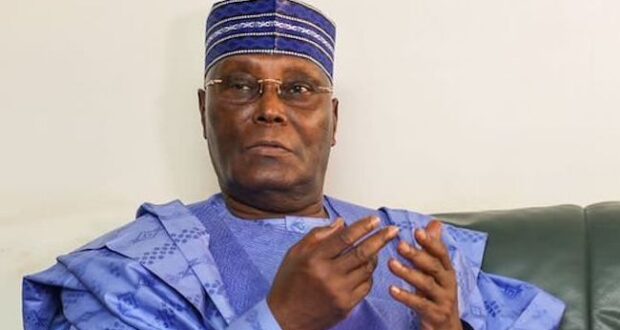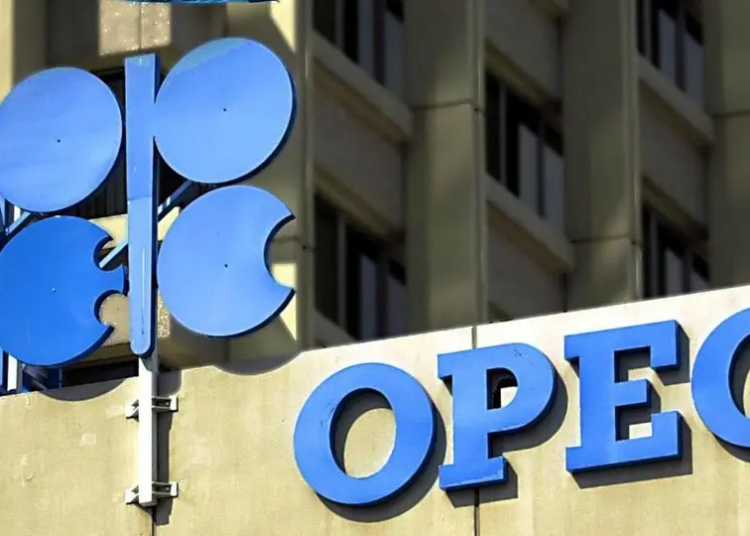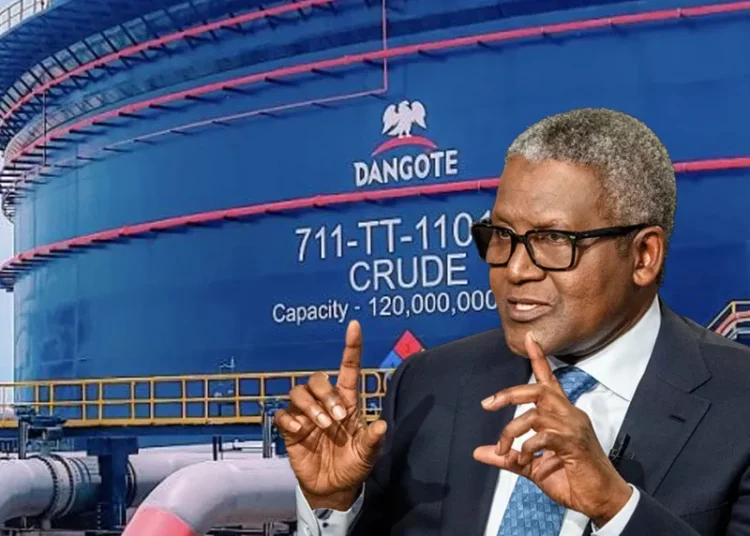By Christian George
The resignation of former Vice President Atiku Abubakar from the Peoples Democratic Party (PDP) on Wednesday, July 16, 2025, marks a new chapter in his long and eventful political journey.
Over the past two decades, Atiku has been known for his strategic repositioning, often shifting political allegiance in response to ideological disagreements, internal party conflicts, or electoral aspirations. Below are five significant times Atiku changed political parties, along with the motivations behind each move:
- From PDP to Action Congress (2006)
Atiku’s first major defection occurred in 2006 following a public rift with then-President Olusegun Obasanjo over succession plans. He left the PDP and joined the Action Congress (AC), under which he contested the 2007 presidential election. He was defeated by the PDP’s candidate, Umaru Musa Yar’Adua.
- From Action Congress Back to PDP (2009)
After tensions with leaders of the Action Congress, including Bola Ahmed Tinubu, Atiku returned to the PDP in 2009. His return was aimed at regaining influence in the party and positioning himself for another presidential bid. He contested the PDP ticket in the 2011 election cycle but lost to the sitting President, Goodluck Jonathan.
- From PDP to All Progressives Congress (2014)
Ahead of the 2015 elections, Atiku again left the PDP, citing concerns over the party’s internal democratic practices. He became a member of the newly formed All Progressives Congress (APC) and entered the party’s presidential primary. He was defeated by Muhammadu Buhari, who eventually won the general election.
- From APC Back to PDP (2017)
In 2017, Atiku made a dramatic return to the PDP. He openly criticized the APC for failing to fulfill its campaign promises and for sidelining party stakeholders. This return set the stage for his emergence as the PDP’s presidential candidate in the 2019 election, which he lost to Buhari.
- From PDP to New Coalition Platform (2025)
Atiku’s latest departure from the PDP comes amid lingering internal conflicts, unresolved zoning issues, and the fallout from the party’s 2023 loss to President Bola Tinubu. While he has not officially declared membership in a new party, Atiku, alongside Peter Obi, David Mark, and other key opposition figures, has adopted the African Democratic Congress (ADC) as the platform for a new coalition ahead of the 2027 general election.
Atiku’s multiple defections highlight his tactical approach to Nigeria’s dynamic political landscape. Each shift has reflected both the internal state of the parties involved and his broader ambition to remain a central figure in the country’s leadership discourse.
 Newsfront Online Newsfront Online
Newsfront Online Newsfront Online




